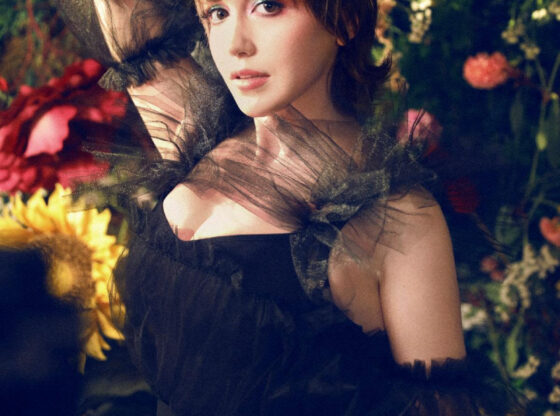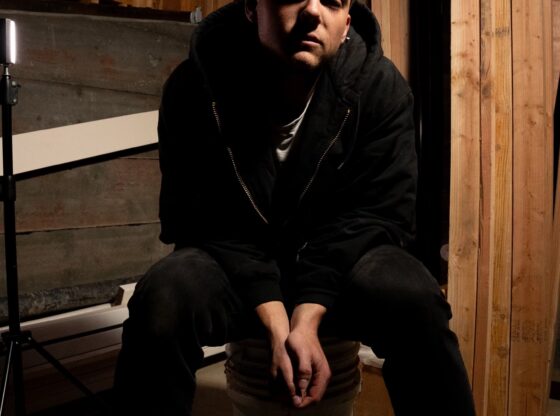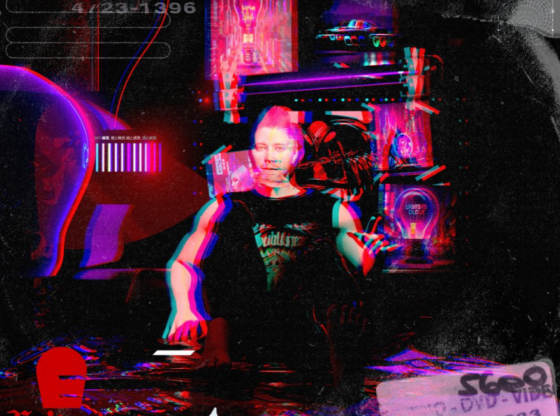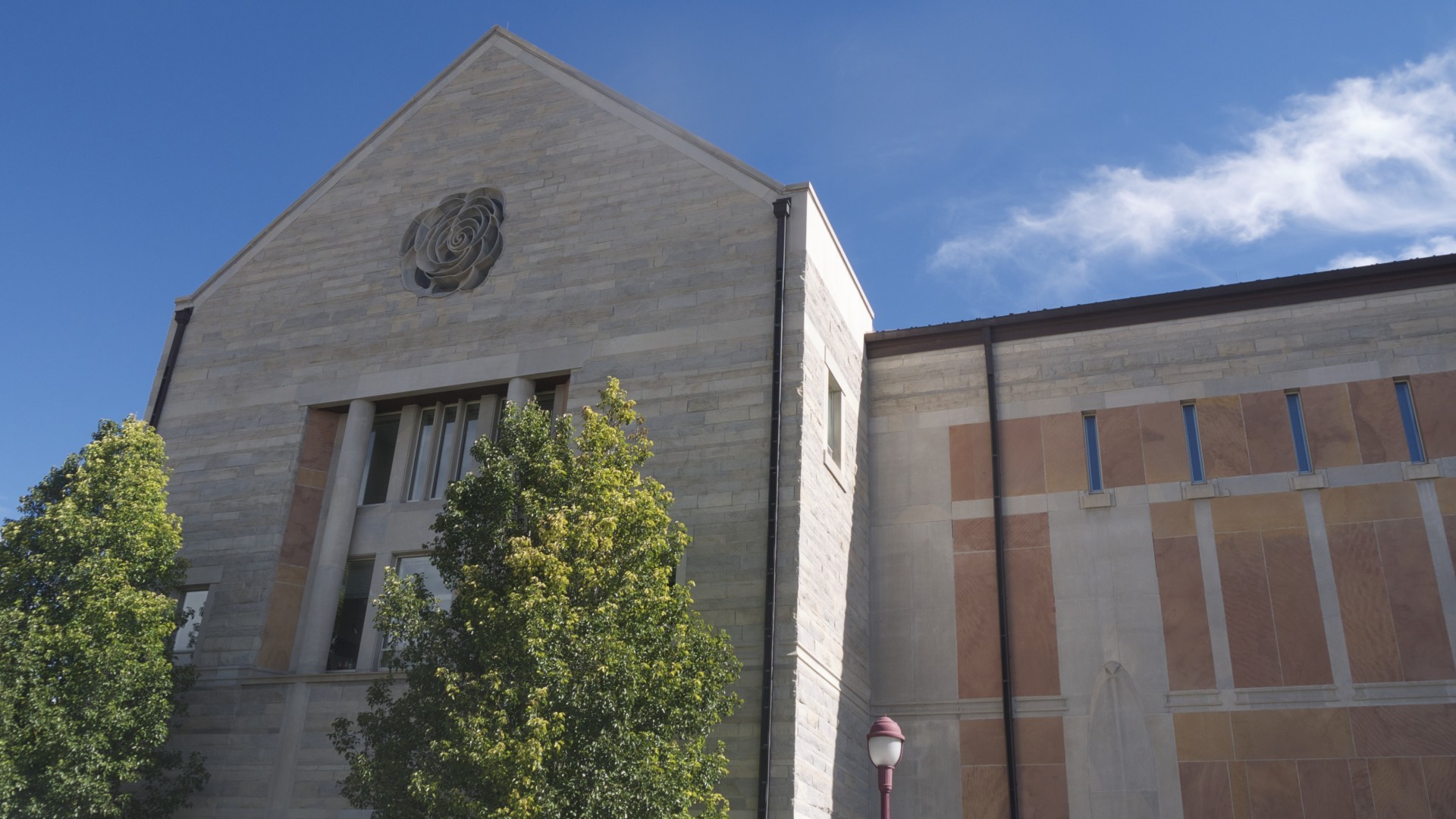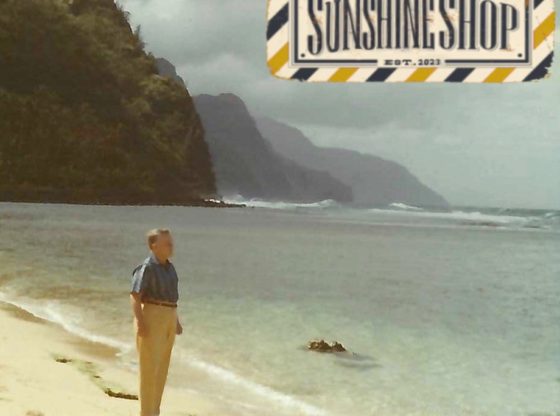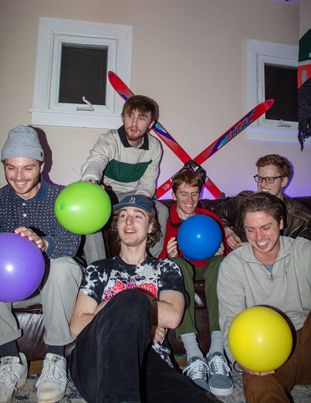Following the success of seven studio albums, Death Cab for Cutie’s (DCFC) newest work, “Kintsugi,” was released March 31. The formerly indie-rock group achieved mainstream success with singles like “Soul Meets Body” and “I Will Possess Your Heart.” Their newest music venture is far from independent, but retains the band’s individuality all the same. It’s been four years since their last release, “Keys and Codes,” but several singles made the wait worthwhile.
The album was named after the Japanese practice of painting gold paint over the cracks on damaged earthenware to appreciate all things aged. Though the album itself is imperfect, the band’s strength in producing thought-provoking and moving songs shines on.
The album explores the organic growth and decay of a relationship. Following divorce and the split of one of DCFC’s founding members, the morose songs here are well-suited to the band’s unique combination of melancholy and memorable.
DCFC’s music is suited to a particular person. Even the most upbeat of their songs contains some sadness, and the first released EP was no exception. “No Room in Frame” is the album’s opener. A reflection of lead singer Ben Gibbard’s divorce from celebrity Zooey Deschanel, the song’s tempo is almost unsettling. While the guitar and background are far from sleepy, the acoustic version of this could almost be a lullaby.
The dullness of some of the later tracks, which are bled from the same vein as Coldplay and U2’s most recent albums, could be attributed in part to the departure of former DCFC guitarist Chris Walla. “Little Wanderer” and “Binary Sun” are as boring and ingenuine as could be, but the band picks up where they left off with “Black Sun.”
Perhaps the most obvious heartbreak ballad of them all, “Black Sun” finds a form of creation in destruction. “There is a dumpster in the driveway/ Of all the plan that came undone/ How could something so fair be so cruel,” croons Gibbard, with the help of assisting synth-pop melodies in the background. Although a bit overproduced, the lyrical strength of this song make the listener forget about the noise pollution of the production.
The best song in the album, “The Ghosts of Beverly Drive,” might come as a surprise. It takes several listens to understand the complexity of the vocals and the upbeat tempo, but this song shoots the straightest. The first few seconds of mixing keyboard, piano and guitar come across in a eclectic beat evocative of ’80s sounds like Duran Duran, but morphs into something more casual.
Gibbard’s strength in lyricism hits a high note here, as the entire piece tells the story of relationships as brutal car crashes. “I don’t know why I return to the scenes of these crimes/I don’t know what I expect to find,” he croons, thinking of our tendency to pick the healed scabs of past relationships.
Though the foundation of Death Cab for Cutie was questionable after the loss of their guitarist, they proved their footing remains stable with this heartbreak album. Carefully toeing the treacherous line of mainstream popularity and music authenticity, “Kintsugi” provides a dark radiance worth savoring.




